Logical thinking Grammar Worksheets for Ages 3-7
4 filtered results
-
From - To
Discover our engaging "Logical Thinking Grammar Worksheets" designed specifically for children aged 3-7! These fun and interactive worksheets help young learners develop essential logical thinking skills while mastering foundational grammar concepts. Each activity encourages critical thinking and problem-solving through age-appropriate exercises, making learning both enjoyable and effective. Our materials are perfect for parents and educators seeking to reinforce grammar proficiency in a playful way. Promote creativity, reasoning, and cognitive abilities in your child with our thoughtfully crafted worksheets. Explore our collection today and set the stage for a lifelong love of language and learning!
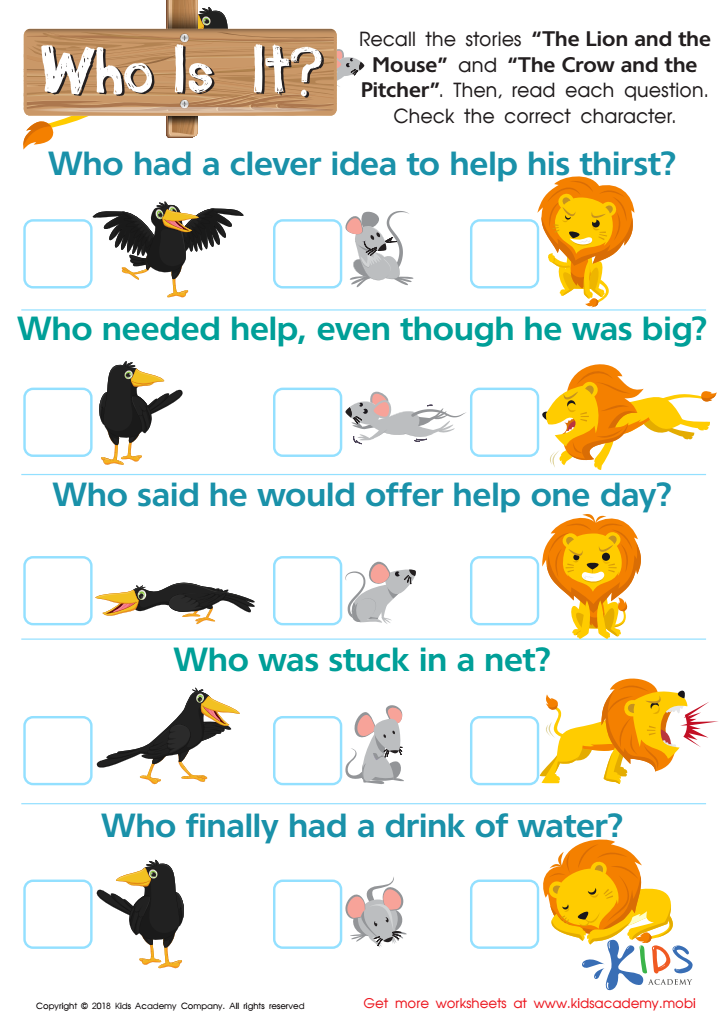

Who Is It? Worksheet
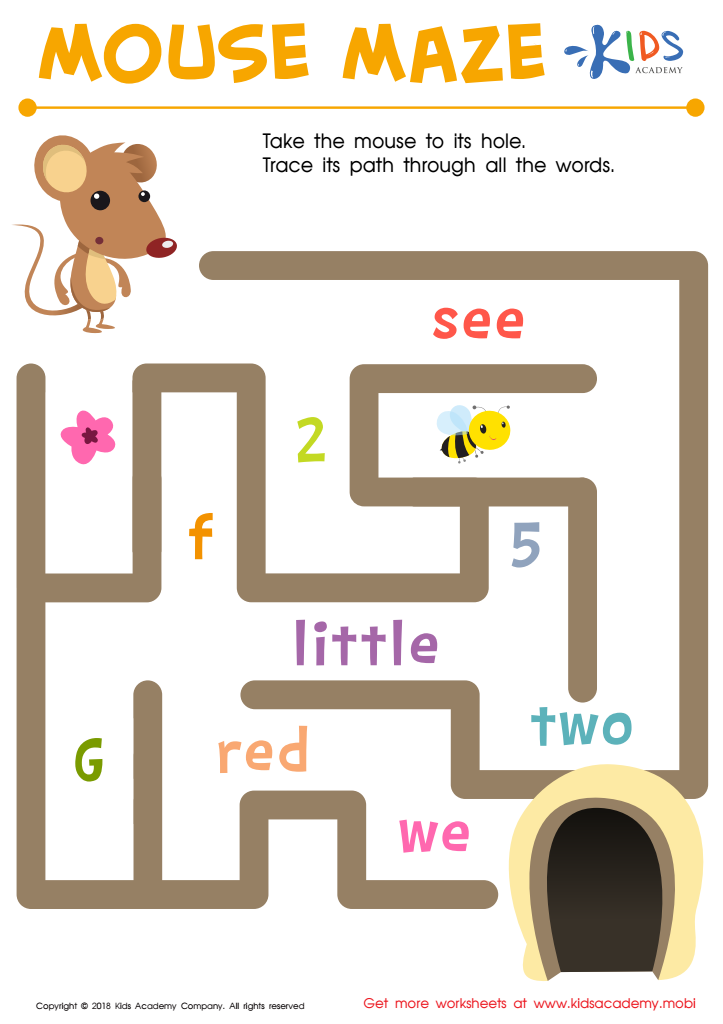

Find Words Mouse Maze Worksheet
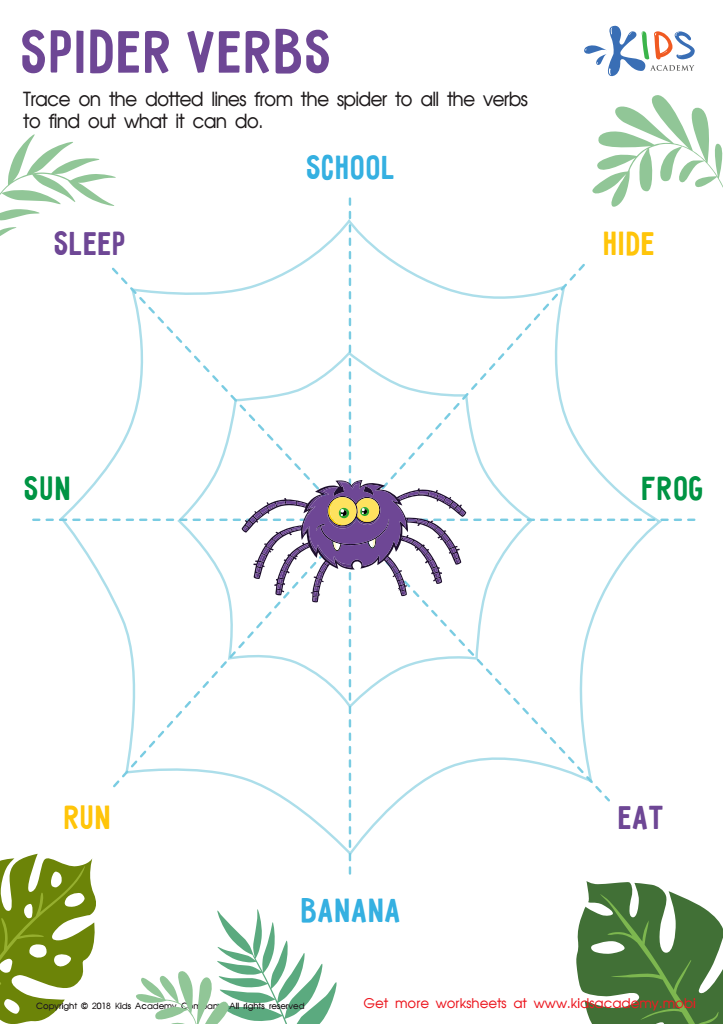

Spider Verbs Worksheet
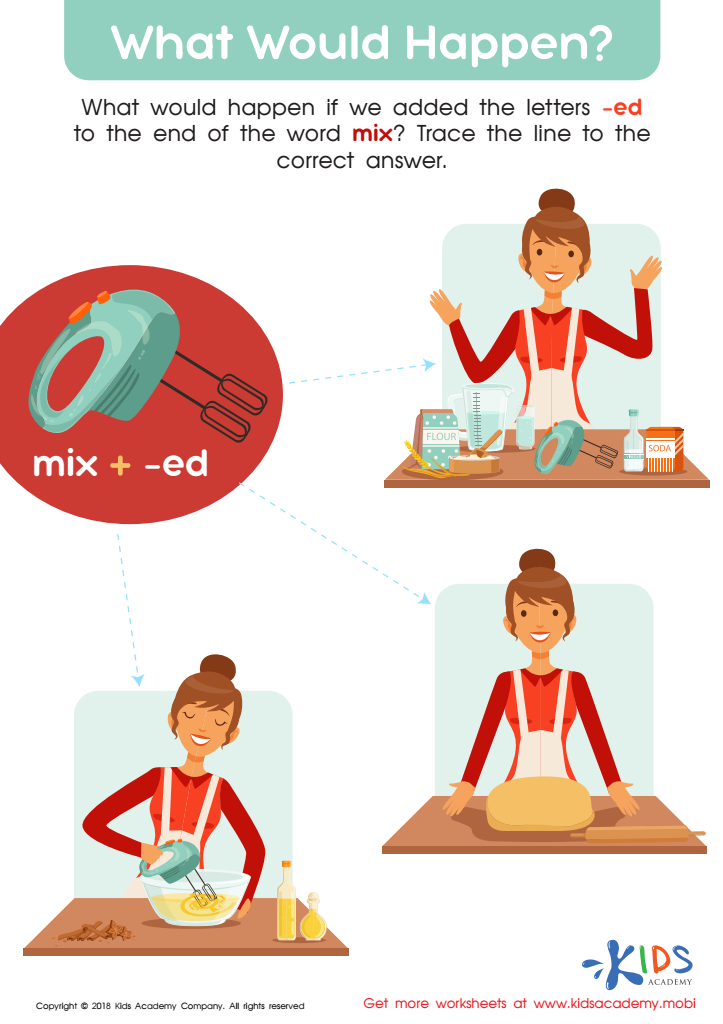

What Would Happen? Worksheet
Logical thinking is a crucial skill for children ages 3-7, as it forms the foundation for problem-solving, decision-making, and critical thinking. During these formative years, children are naturally curious and eager to explore their surroundings. Introducing them to logical thinking grammar helps them make sense of their experiences, process information clearly, and express themselves effectively.
Parents and teachers should prioritize logical thinking grammar because it supports cognitive development. Engaging children in activities that promote logical reasoning—such as puzzles, sorting games, and storytelling—enhances their ability to analyze relationships, recognize patterns, and distinguish between cause and effect. These skills are vital for academic success as children progress in their education.
Additionally, logical thinking fosters communication skills. Children learn to construct coherent sentences, recognize the importance of sequence in narratives, and articulate their thoughts and queries, which nurtures their confidence in social interactions. Furthermore, when children understand and apply logical thinking grammar in language, they develop a clearer understanding of the world, fostering an inquisitive mindset that encourages lifelong learning.
In sum, instilling logical thinking grammar in early education not only enriches children’s language skills but also empowers them to navigate complex ideas and situations throughout their lives.
 Assign to My Students
Assign to My Students
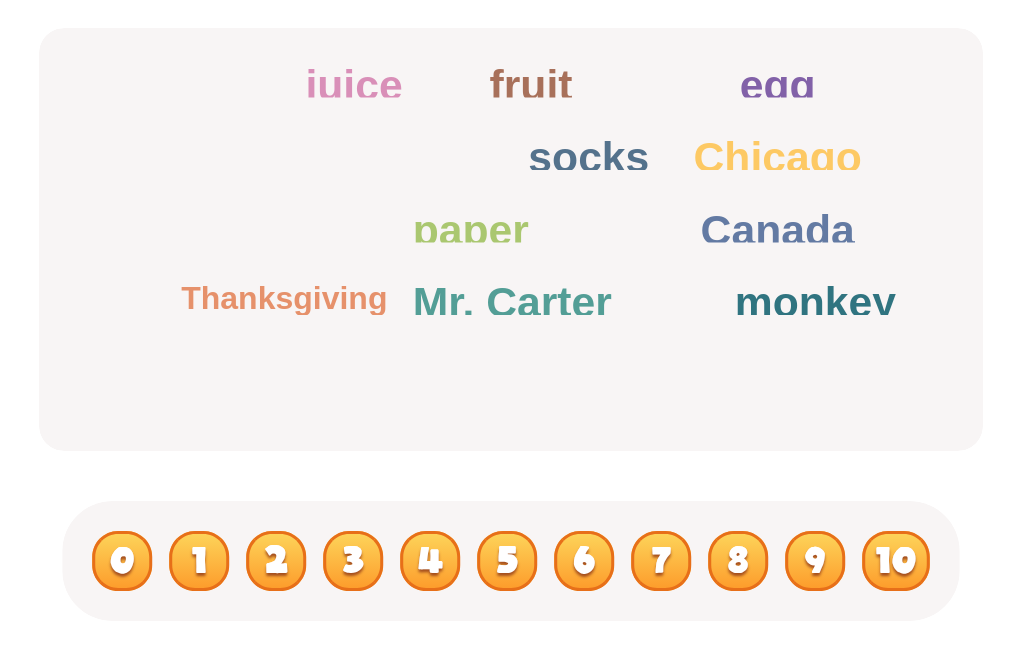
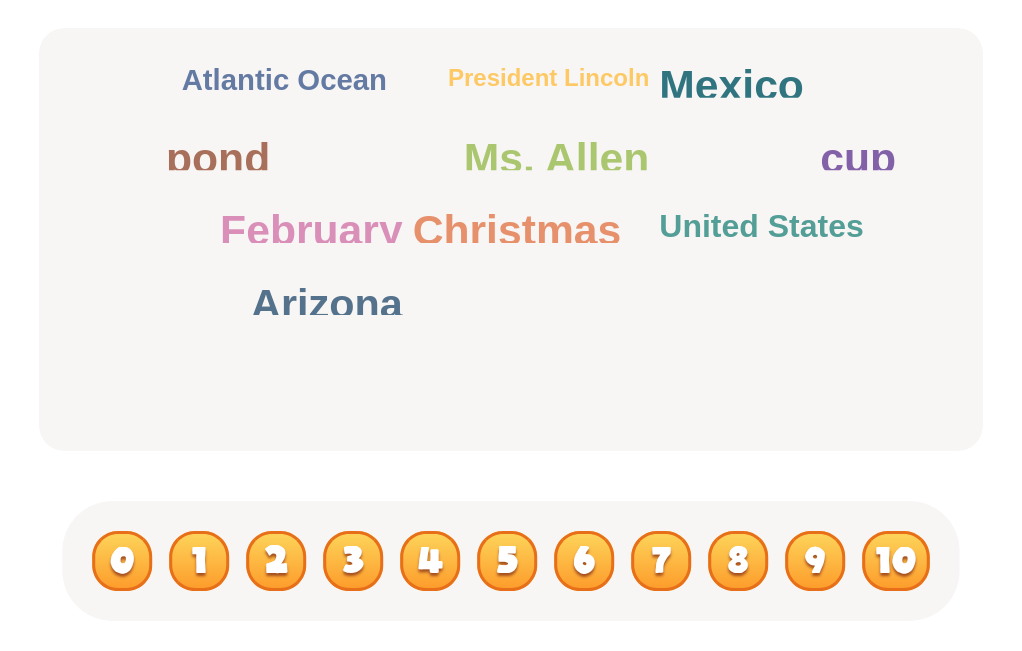
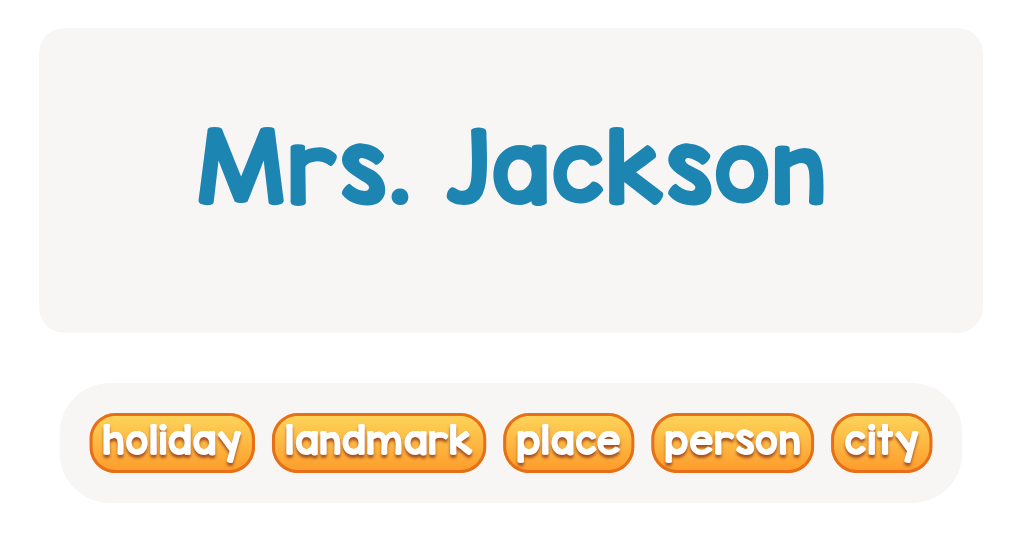
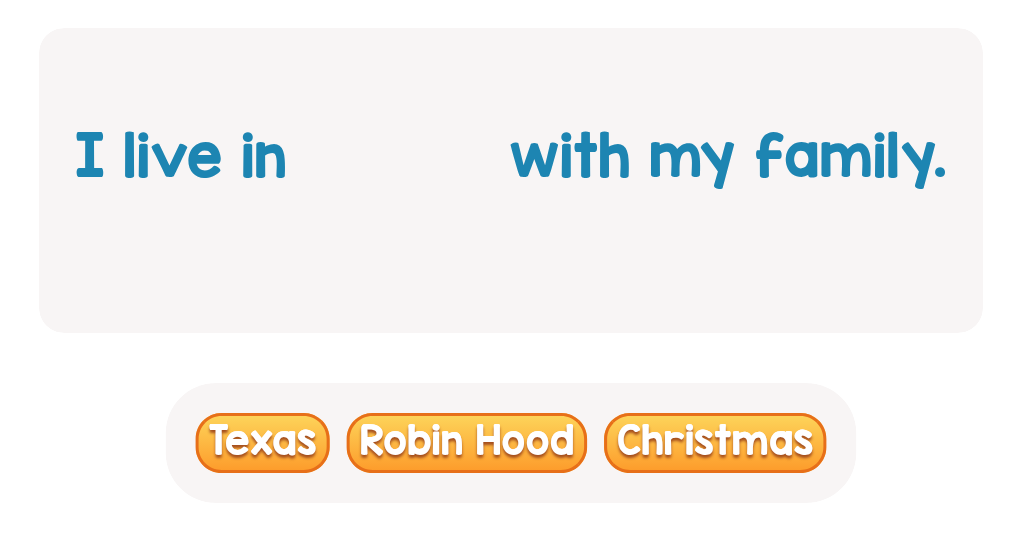

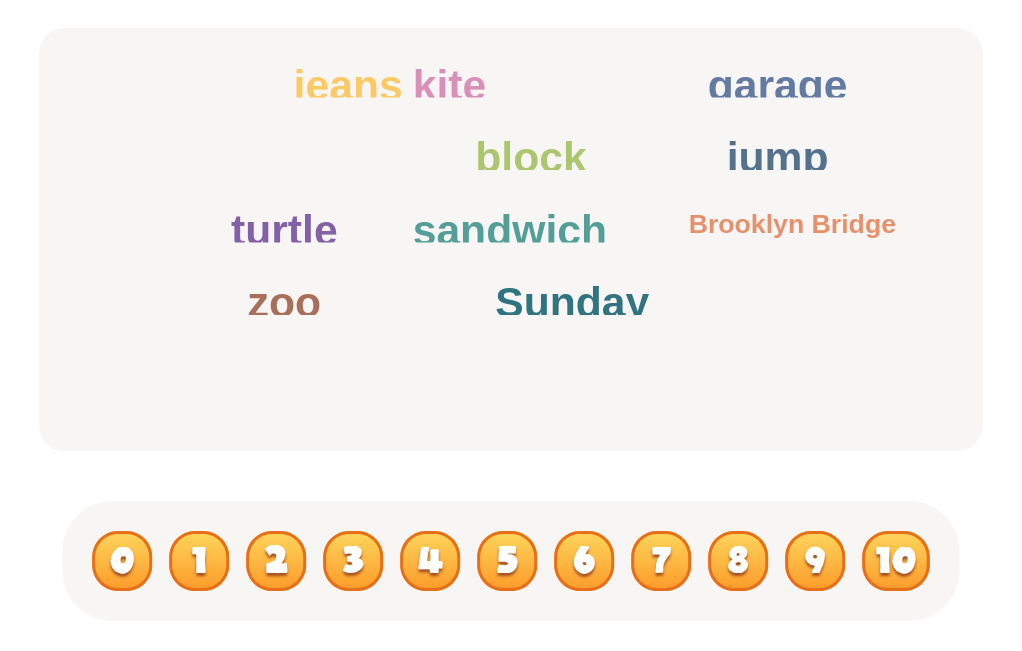
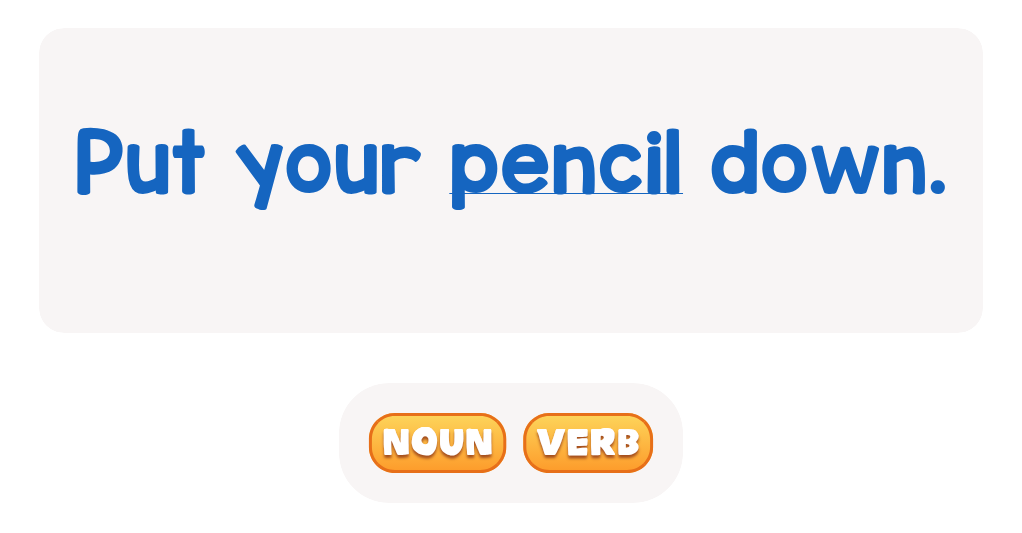
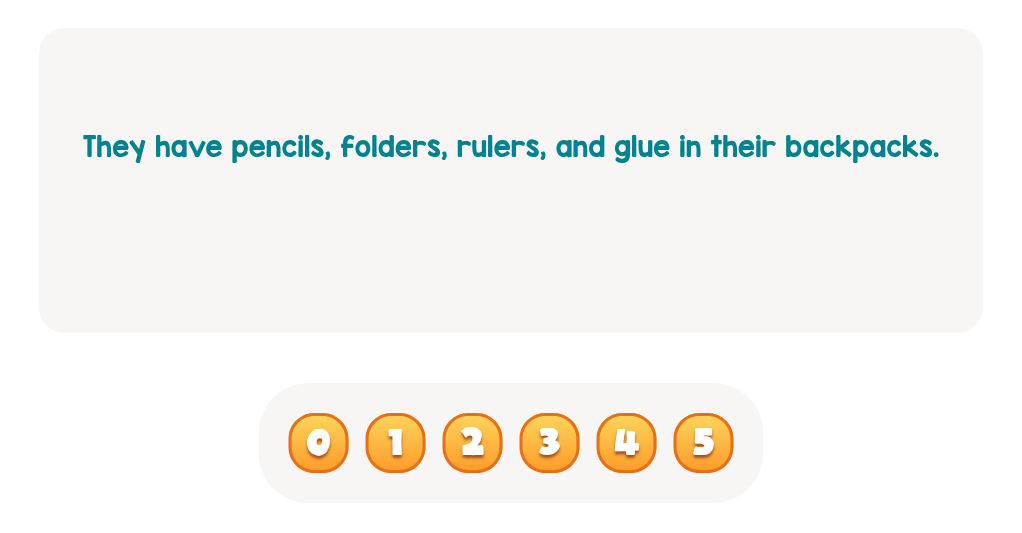
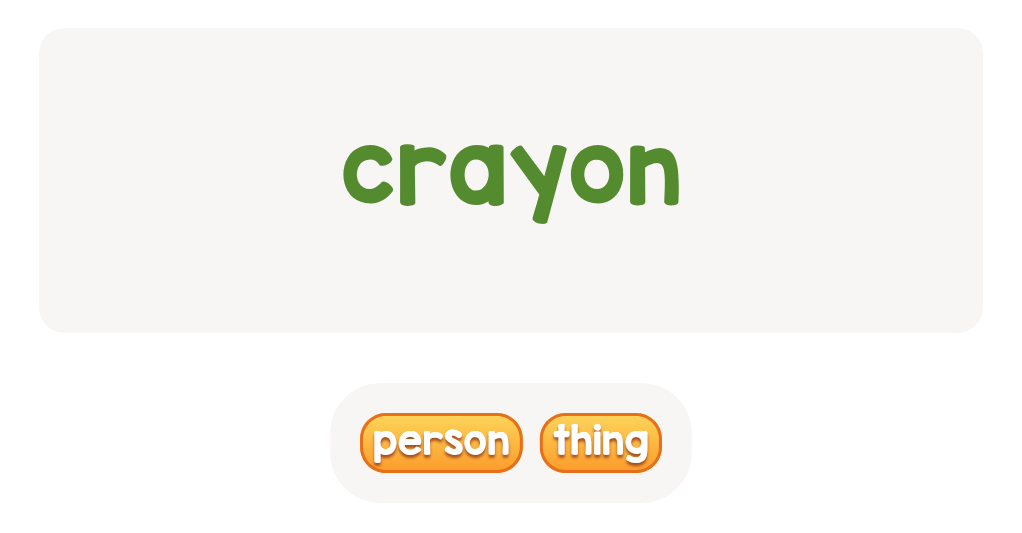
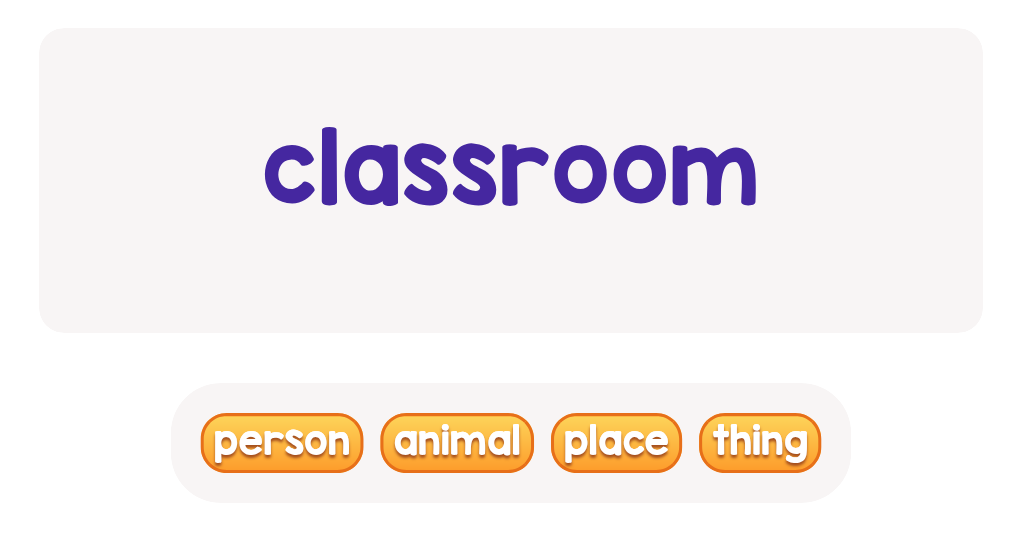







.jpg)








